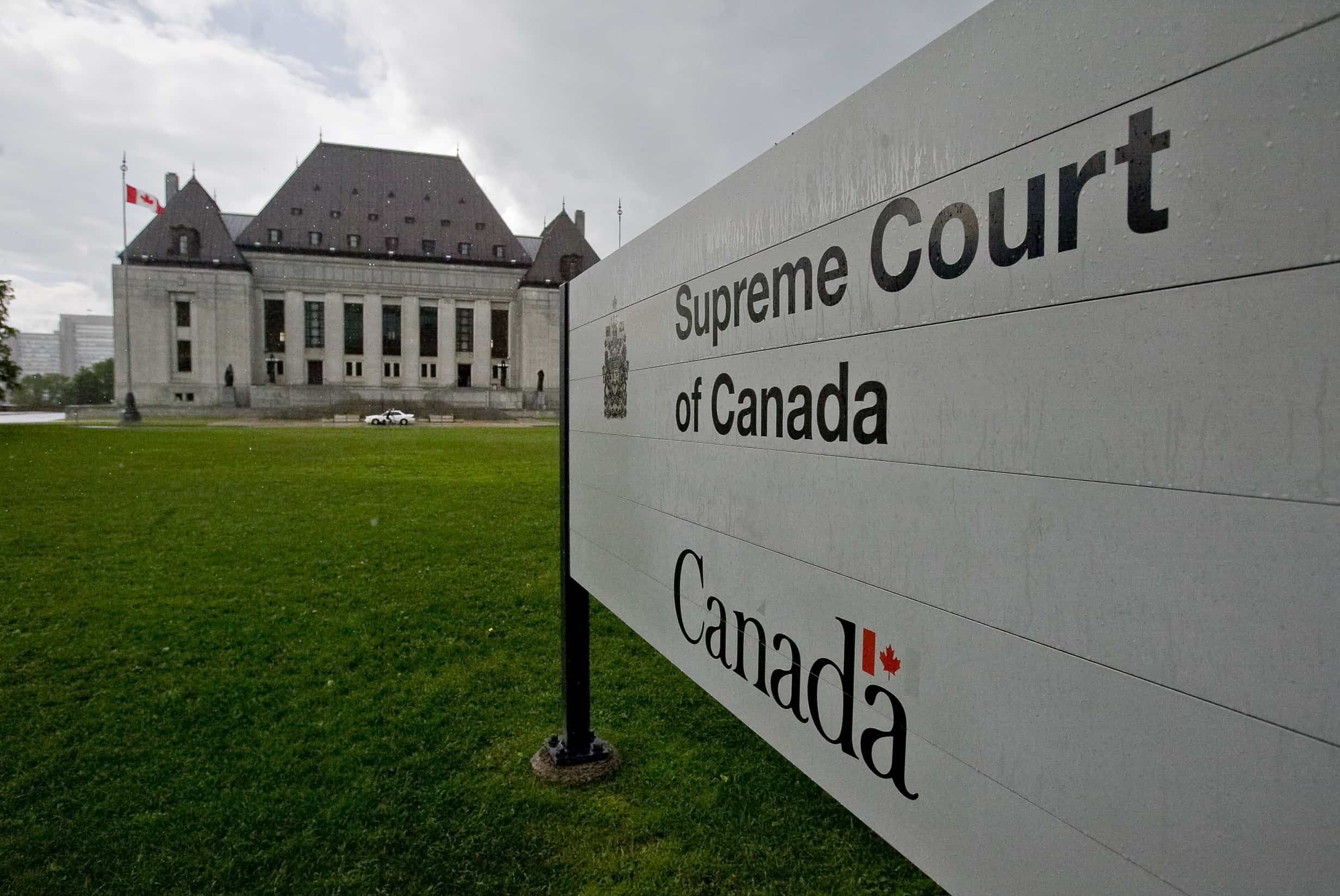Joan Dewar, a Canadian citizen who has been living near Grecia, Costa Rica since 2005, got a rude surprise when she tried to vote in Canada’s federal elections in 2011.
“My husband and I tried to vote and realized we weren’t allowed to,” Dewar told The Tico Times, “It was a total surprise.”
The Dewars were among the million-plus Canadians living abroad who came up against a rule that limits citizens from voting in federal elections if they have lived outside the country for more than five years.
That might be about to change, however. The Canadian Supreme Court announced that it would hear an appeal that could definitively grant Canadians abroad the right to vote, regardless of how long they’ve lived outside Canada.
“Prisoners in Canada can vote but I can’t,” Dewar said. “It’s not like we stopped paying taxes and receiving benefits.”
In 1993, Canada’s parliament passed legislation allowing most Canadians living abroad to vote by special ballot if they had been living outside of the country for no more than five years. Before that, Canadians living abroad were not allowed to vote in federal elections at all.
The five-year rule was enforced loosely, allowing Canadians to “renew” their time out of the country every time they passed through Canada, even if only to change flights.
That changed in 2011, when the country’s electoral authorities changed their interpretation of the five-year rule, barring many Canadians living abroad long-term, including the Dewars, the right to vote.
Two Canadians living in the United States, Gillian Frank and Jamie Duong, sued for the right to vote and won in 2014.
The victory was short-lived, however. In July 2015, the Court of Appeal for Ontario overturned the 2014 ruling, saying that allowing Canadian expats the right to vote would be “unfair” to resident Canadians.
Frank and Duong appealed and the Supreme Court agreed last week to hear the case.
Dewar said she’s hopeful the Supreme Court will rule in their favor.
“It’s time to get our rights back,” she said, citing Section 3 of the Canadian Charter that says, “Every citizen of Canada has the right to vote in an election of the members of the House of Commons or of a legislative assembly and to be qualified for membership therein.”
The Court will likely take up the case in 2017.
Supporters are trying to raise $50,000 to support the Supreme Court challenge. The effort has collected $14,000 at this writing.






